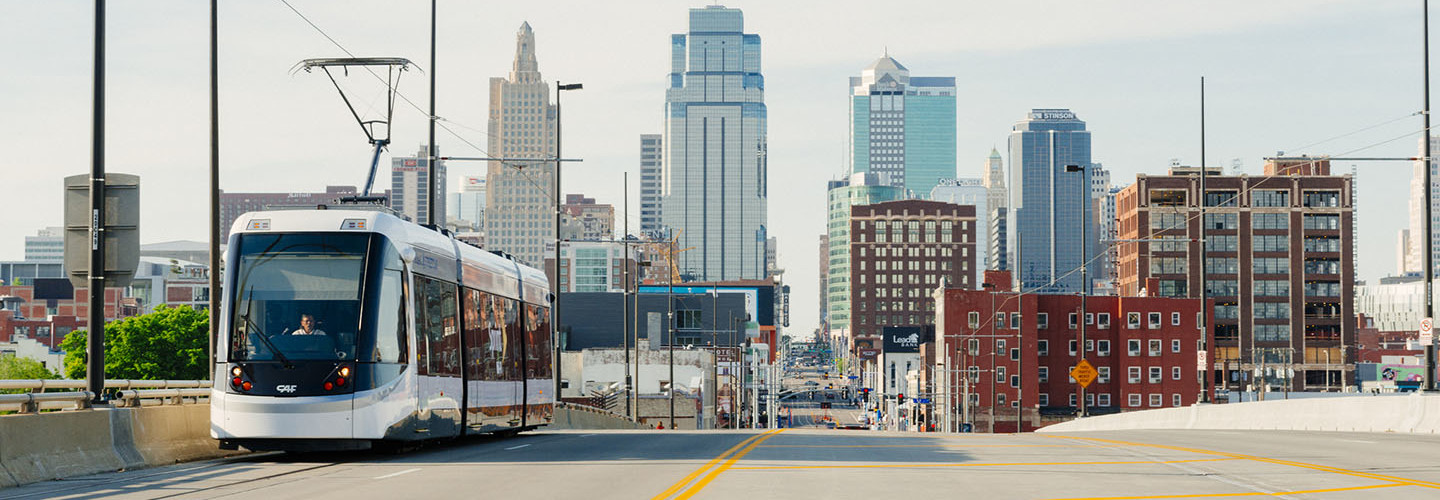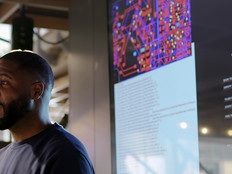Smart Cities Connect 2018: Mayors Tap Data to Make Smart City Projects a Success
In Jasper, Ind., Mayor Terry Seitz leads a three-year initiative to bring a fiber network to all residents and businesses to his town of 15,000. He won support for the plan by explaining the opportunities the network would create as well as warning the city could be left behind in innovation and prosperity if it didn’t invest.
The mayor’s plan resonates with David Roberts, chief innovation officer at the Indiana Economic Development Corp., who says that explaining the true benefits of change serves to put innovation on more solid footing. The state launched an initiative to foster innovation and entrepreneurship two years ago, Roberts told those gathered Tuesday at the Smart Cities Connect Conference and Expo in Kansas City, Mo. And through the effort, Indiana officials also realized that the commercialization of innovation was necessary to improve the lives of its citizens.
The Smart Cities Connect Conference and Expo, produced by TechConnect, drew an estimated 2,500 attendees to the Kansas City Convention Center on March 26-29. The conference aims to connect technology and solution providers with city leaders in support of efforts to implement smart city technology in municipalities.
Roberts and other leaders from connected cities throughout the country shared their experiences and best practices, emphasizing that strong partnerships and citizen engagement are just as important — if not more so — than the technology solutions deployed.
To promote successful outcomes, Indiana appointed data champions to maximize the use of data already collected to make good decisions, which often call for long-term plans that don’t always produce immediate results. Savvy state leaders must play a long game instead of producing some immediate result, even if that result could win votes, Roberts said. Part of that process requires ensuring citizens understand, and embrace, the outcomes.
“Future prosperity isn’t always equal to good politics,” Roberts said.
Mayors Wrangle Data Responsibly
In San Francisco, Mayor Mark Farrell also champions citizen engagement. The city is now undertaking the Fiber to SF project, which seeks to extend 1 GB of speed to every resident and business in the city. With a fiber network, service providers can offer connectivity to residents while allowing the city to support free Wi-Fi in public spaces. (The city will receive responses to a request for proposals to support the project in April.)
Through the course of the project, the mayor has been careful to respect the values of his city’s residents, said Nina D’Amato, chief of staff for San Francisco’s Technology Department. To interact with data services, everyone must have the option to first opt-in and consent to participation. Participants should also be given the ability to delete their data and protect their privacy.
Officials enacting such public technology projects should seek to understand the context and environments in which those solutions will operate, D’Amato advised. In San Francisco, that meant understanding its citizens and their values. The ability to delete personal data became key to the project’s ultimate success.
Shared Data Brings Benefits to All Residents
Through the last five years, the city of Dallas, Texas, has focused on how to share data. Technology represents only a piece of the overall solution for implementing smart cities, Girish Ramachandran, Dallas’s chief technology architect, said. Leaders must also examine new business processes and new ways of thinking.
Ramachandran said he was surprised to discover how much data sat in silos within various agencies. To make best use of all data, Dallas is investing in a data platform to connect agencies in a true data ecosystem with the goal of improving citizens’ quality of life.
“If you are focused on smart cities, don’t look at it as a project,” Ramachandran advised. “Take a deeper look and think of it more as a program. Programs are long-lived.”
Cities also must realize they cannot do it all alone, but must depend on local businesses for support. And when implementing solutions, leaders must consider how to bridge the digital divide so that all city residents ultimately will benefit from any new technology deployment, Ramachandran said. He stressed that a program is only as good as its results.
“Free public Wi-Fi is useless if people don’t have the means to access it,” Ramachandran said.








